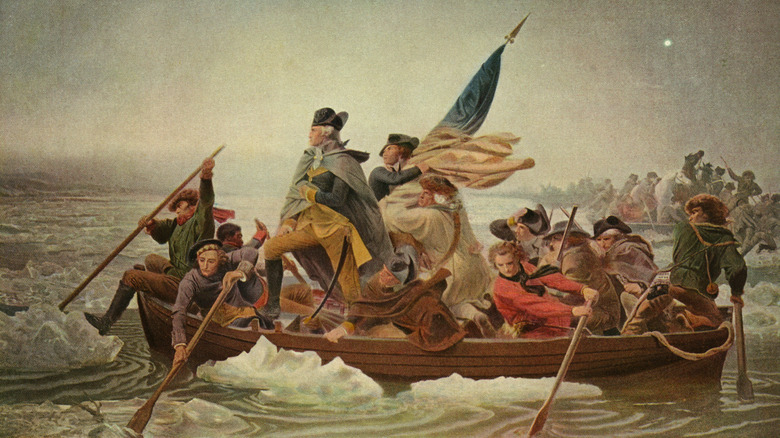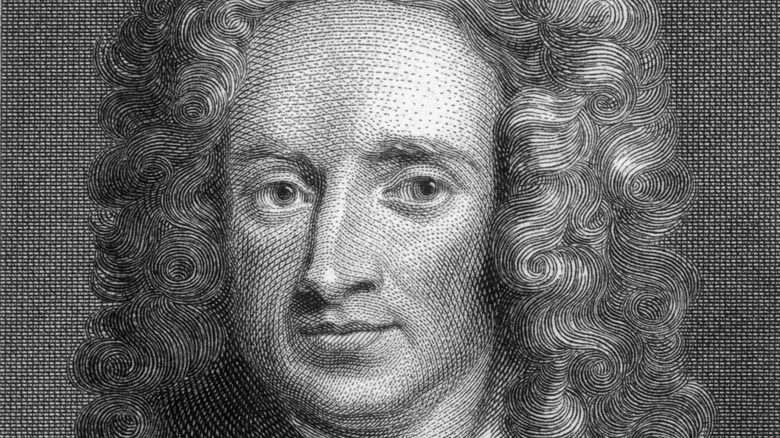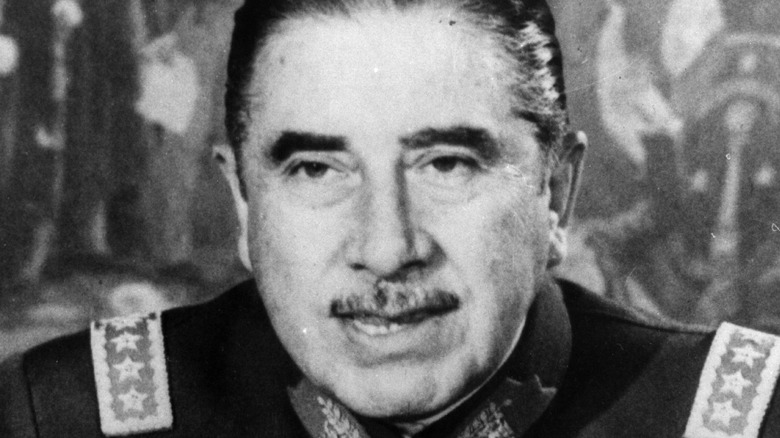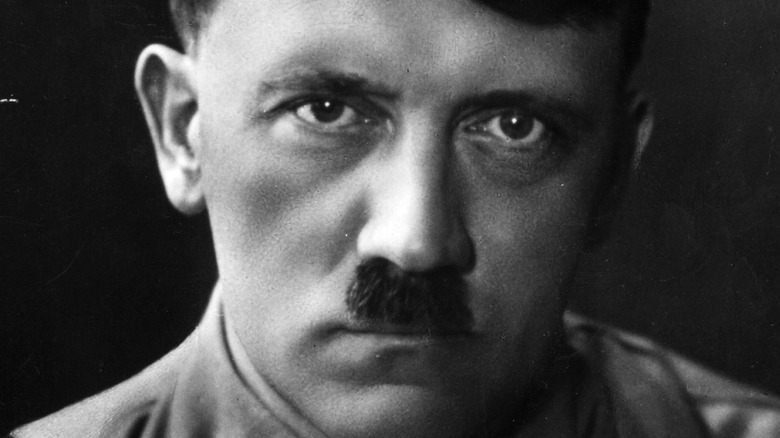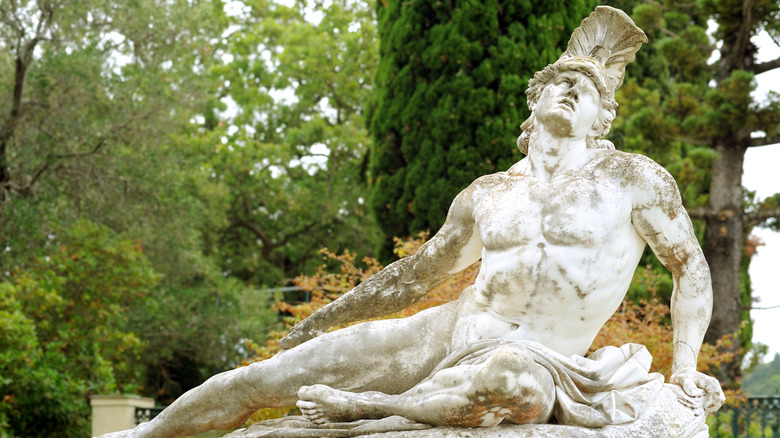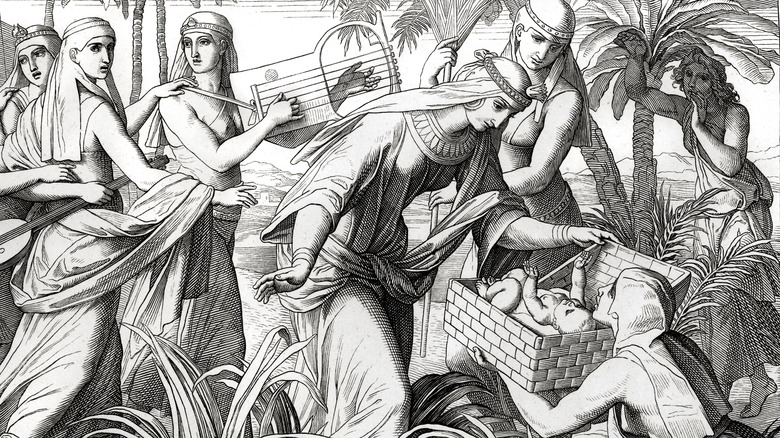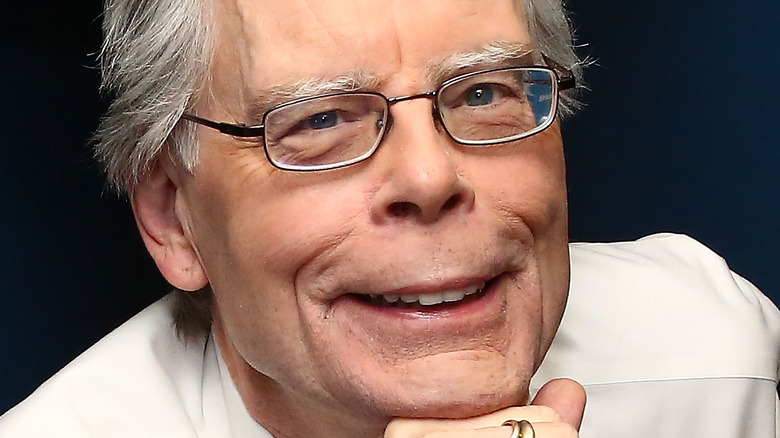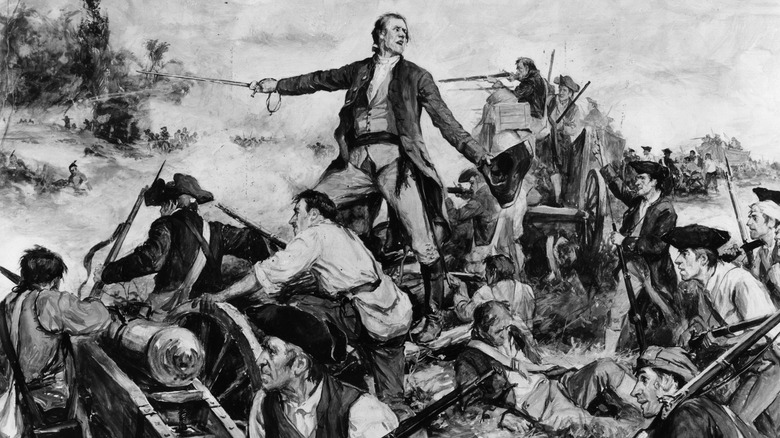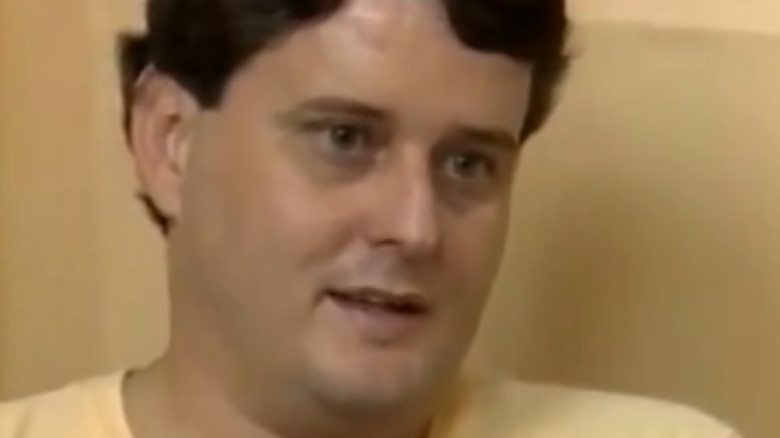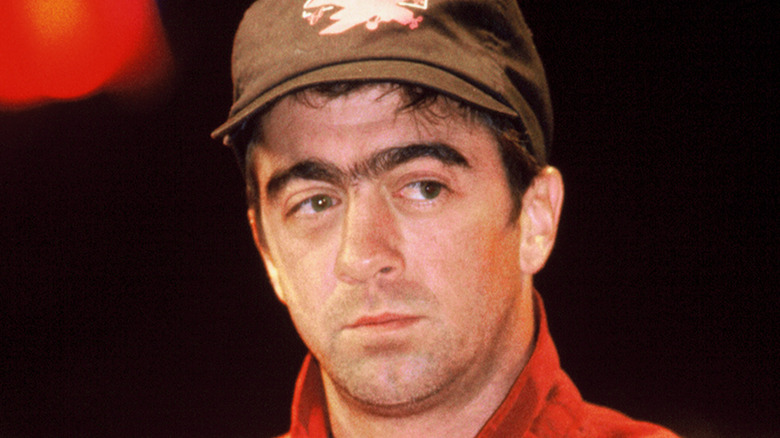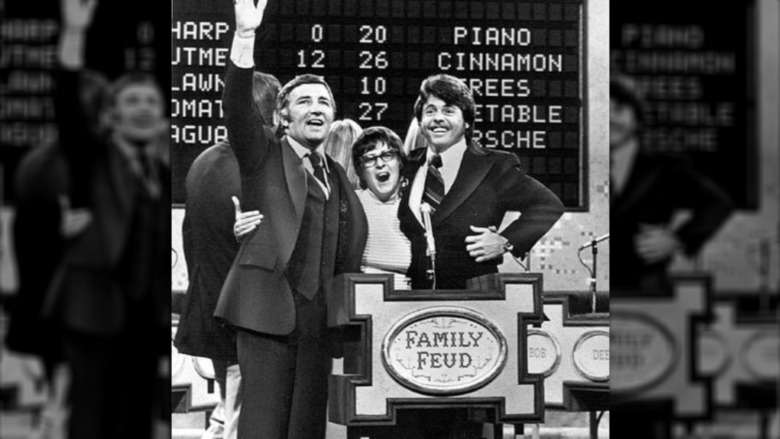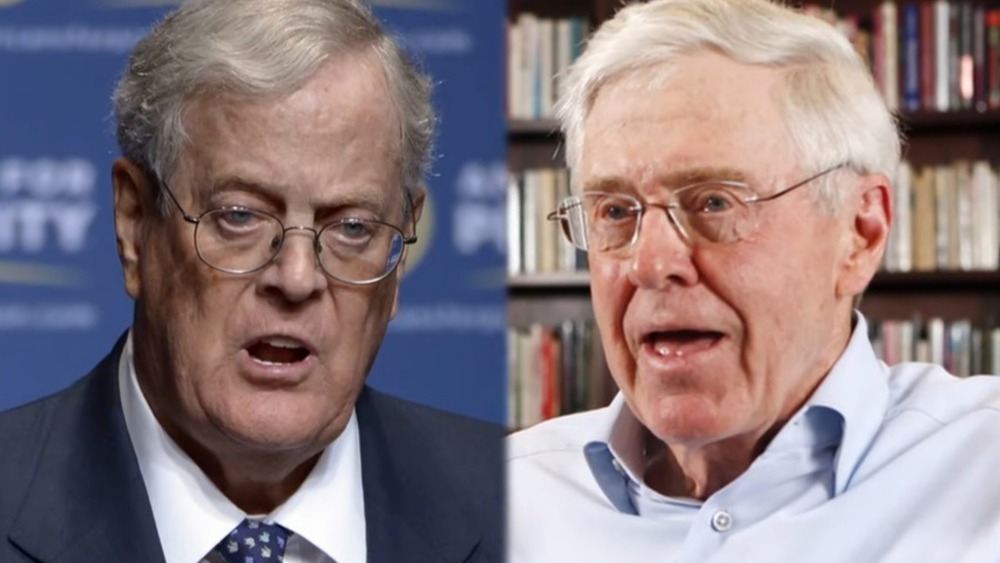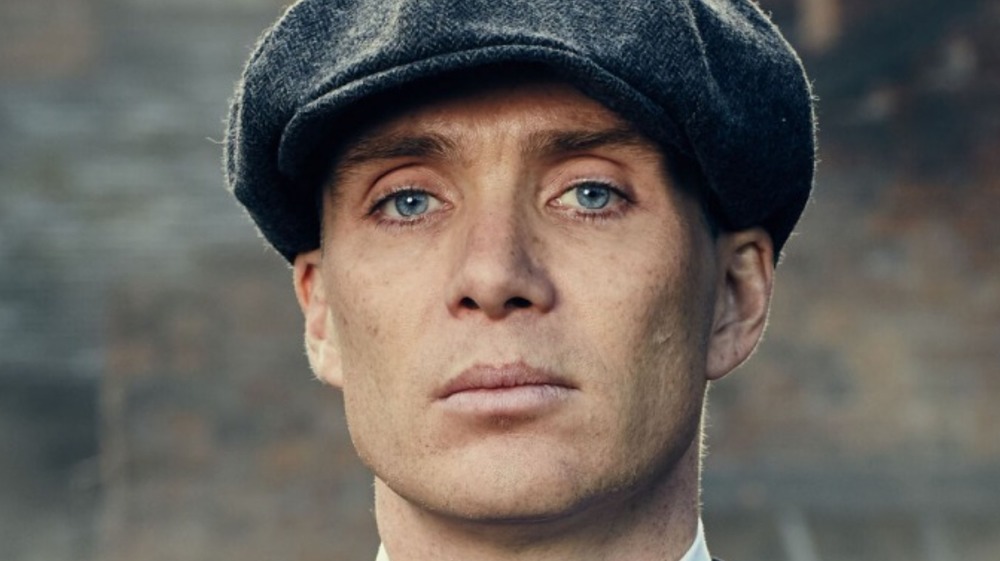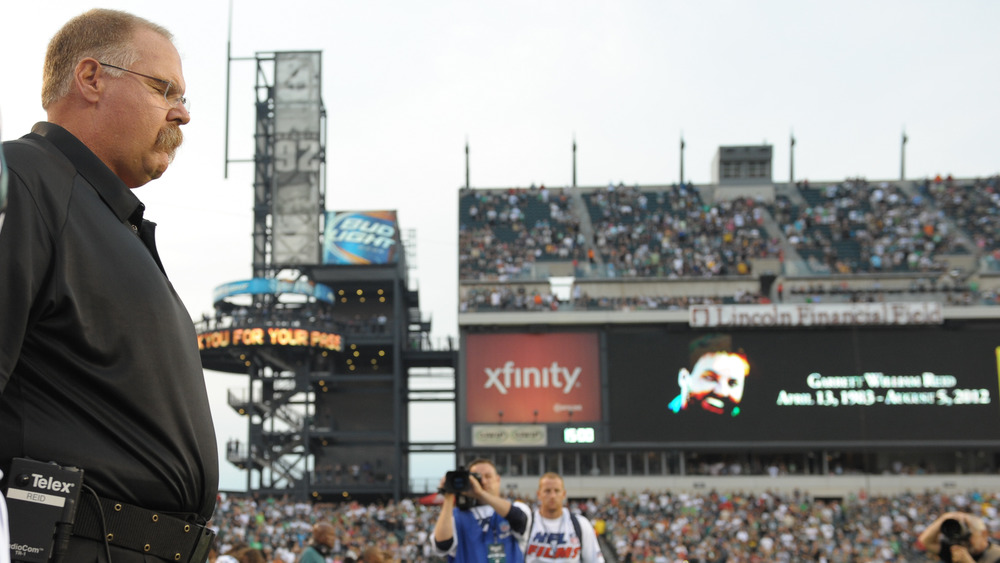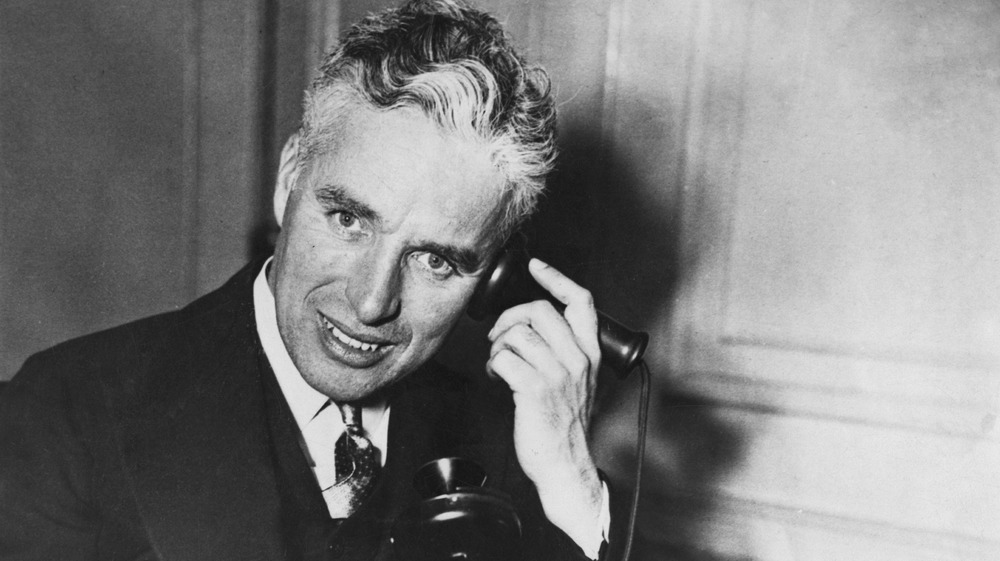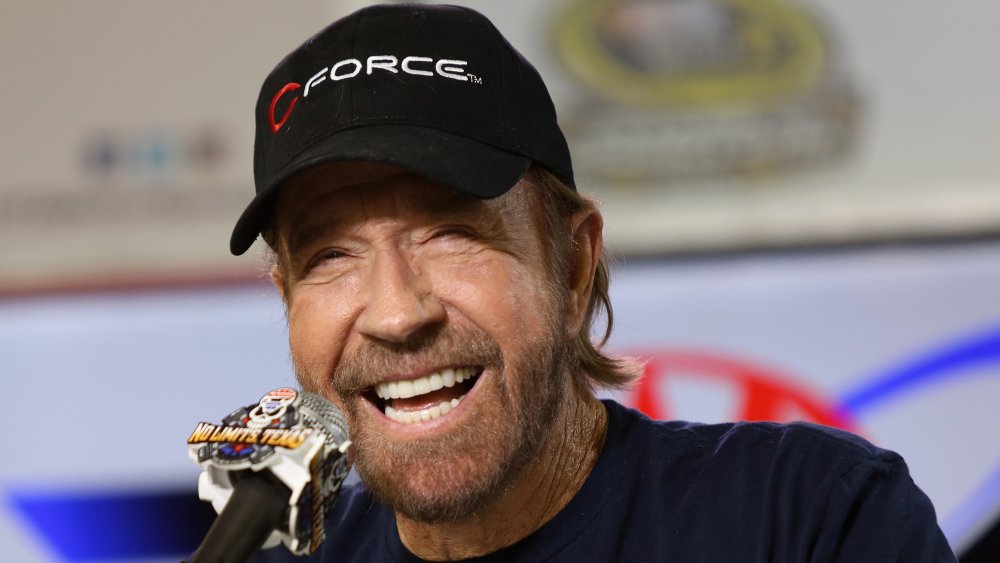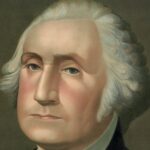
The Big Lie About George Washington You Learned In History Class
George Washington occupies a unique place in American history, serving as a real historical figure who actually lived while simultaneously being something of a national hero, like the Swiss’ William Tell (who actually did not exist, according to Smithsonian Magazine). Indeed, Washington has been given the title “the father of our country,” although the man himself was humble and circumspect. According to Constitution America, he didn’t care for honors and high praise — or at the very least, didn’t think he deserved them.
In fact, how much credit Washington deserved for his role in the formation of the United States of America is a complicated and nuanced matter. While he may have led the Continental Army — which was ultimately victorious over what was, at the time, the most powerful military in the world — that doesn’t mean that the credit is all his. Indeed, the ragtag Americans won for a variety of reasons, not the least of which was a significant injection of help from the French, according to the State Department. And the narrative taught in American schools that Washington was a brilliant military tactician is simply not true. He made multiple terrible blunders, and on at least one occasion even admitted he wasn’t up to the job.
George Washington was not a great military commander
You are probably familiar with the story of George Washington crossing the Delaware River (depicted above). The dangerous nighttime mission provided a key victory for the Americans against foreign mercenaries hired by the British, according to the National Park Service. What you may not know is that while Washington made a few brilliant decisions, he also made some terrible blunders. According to Smithsonian Magazine, Washington failed to properly carry out the necessary reconnaissance for a Long Island battle, which he thoroughly lost. For battles in Manhattan and New Jersey, Washington failed to make timely decisions, resulting in heavy losses. Further, he failed to consider the importance of the role of the Southern states, giving the British easy victories there.
No one knew of Washington’s limitations more than the general himself. Speaking to the Continental Congress in 1776, Washington told his superiors that he had a significant “want of experience to move on a large scale” and had “limited and contracted knowledge . . . in military matters.” Despite his tactical failings, however, Smithsonian writer John Ferling was kind to Washington’s memory, noting that he shone militarily in other ways. He had a strong character and was a good diplomat, and in the end, he was the right man for the job, says Ferling.

How Marquis De Lafayette Helped Create A New Dog Breed
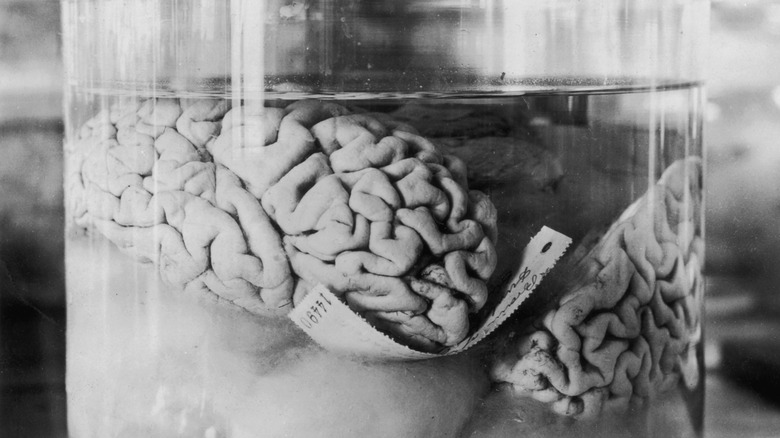
Here's How Human Brains Were Once Used As Medicine
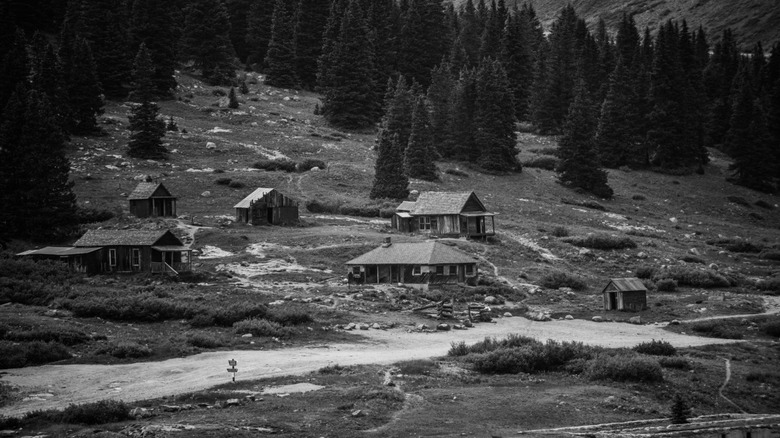
Animas Forks: The Truth About This Colorado Ghost Town

Here's What Would Happen If Earth's Mountains Disappeared
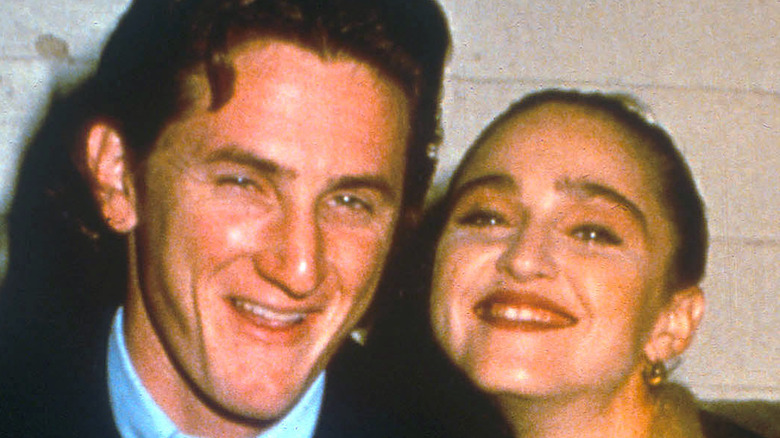
The Sad Truth About Madonna And Sean Penn's Relationship
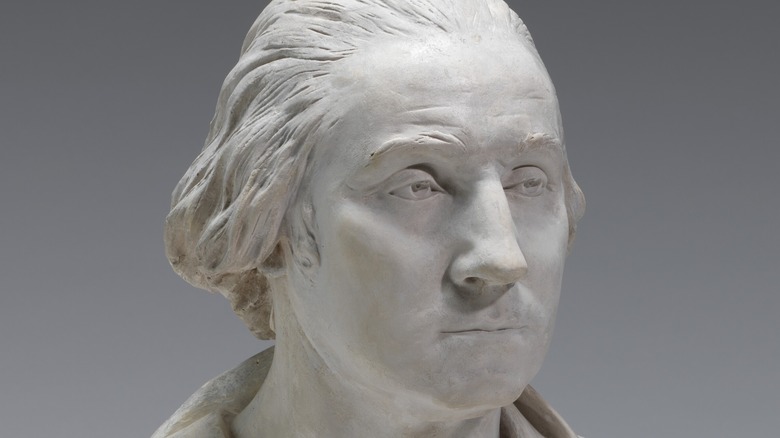
Why We Don't Know Much About George Washington's Religious Beliefs

What Are The Queen's Beasts? We Explain

The Crazy Way Meat Loaf Was Stripped Of His Money
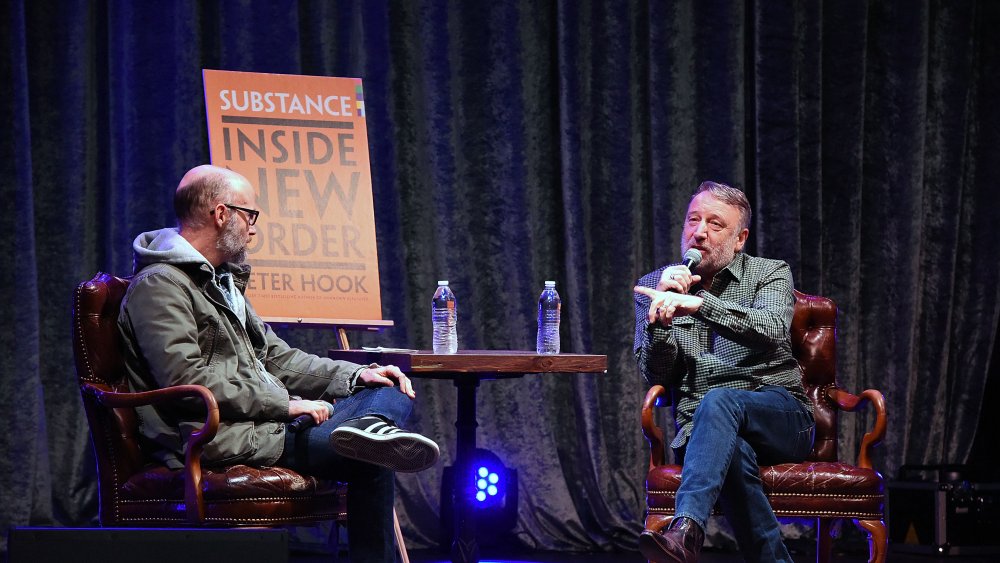
Why Peter Hook Really Left New Order

N64's Rarest Game Is Quite Surprising
